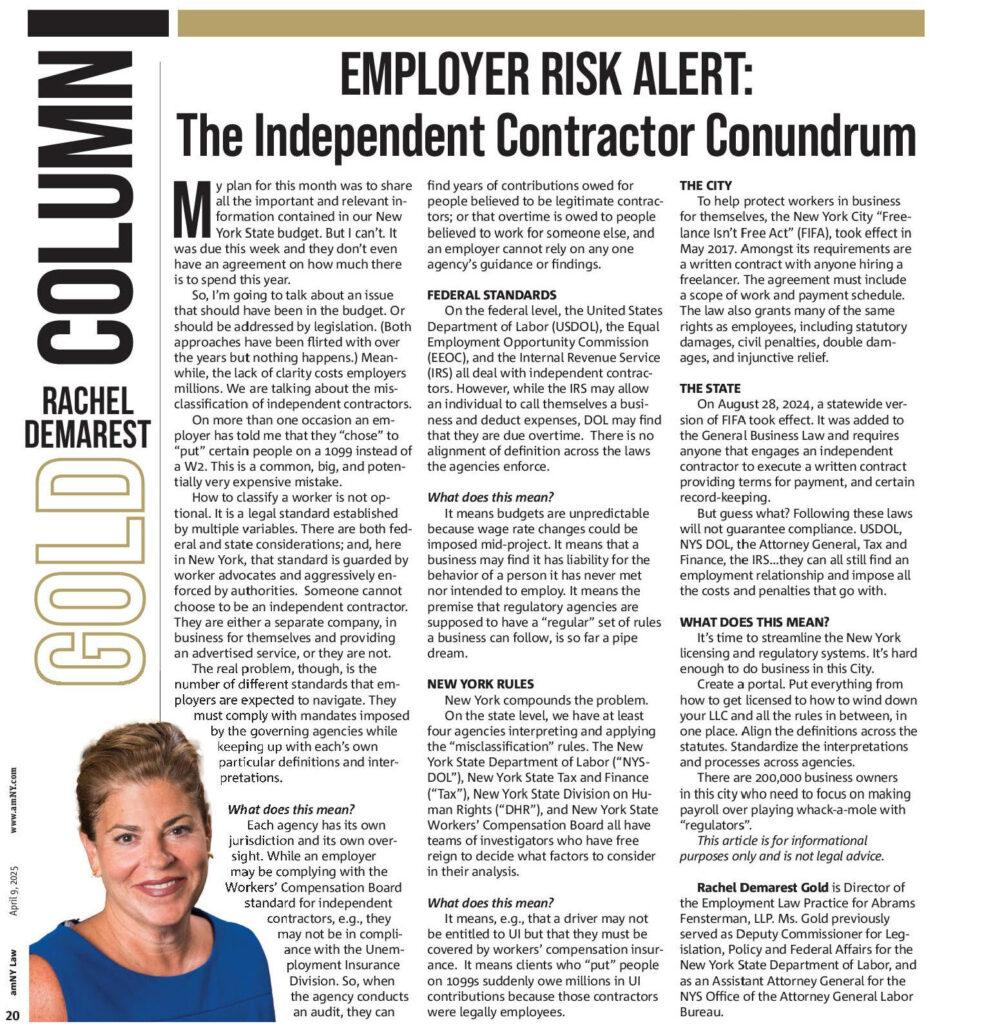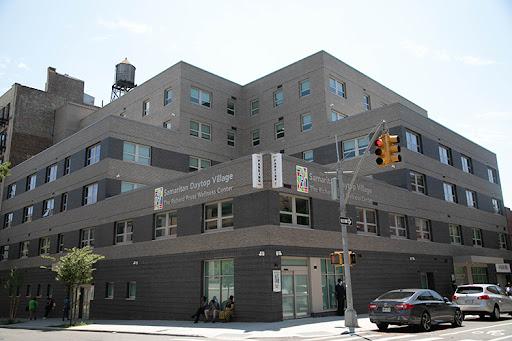Physicians, among millions of other concerned Americans, are anxious to see how they will be affected by President-elect Donald Trump’s cabinet appointments and policy choices. The transfer of power is particularly nerve-racking in the healthcare industry, given that Trump has been inconsistent with his views on the Affordable Care Act. What can physicians expect during the next four years under President Trump (in addition to the lavish gold “TRUMP” insignia at their local hospital)?
Trump and the Republican-led Congress will certainly and swiftly repeal most or all of the ACA. However, it is unclear when the repeal will become effective. The President-elect has promised immediate action, consistent with his fast-paced business practices. However, House Speaker Paul Ryan indicated that the task of repealing and replacing Obamacare would take up to three years, to avoid prejudice to the 20 million Americans who are relying on coverage obtained via Obamacare.
In any event, physicians in private practice may not see the effects of “repeal and replace” for several years, possibly even after Trump’s first term.
At this time, the substantive effects of “repeal and replace” are difficult to predict. The respective agendas of Trump’s transition team and the Republican Congress are broad and do not comprehensively address policy initiatives focused on physicians and other providers. The Republican agenda focuses primarily on broad health insurance reform policies, such as legislation that would permit the sale of health insurance across state lines and decrease insurance costs by increasing competition. While such a law may reduce insurance costs for patients, providers might experience increased administrative burdens and costs in adapting to such an interstate insurance system, particularly if conflicting state laws impose regulatory requirements in addition to any federal regulations.
Perhaps the most telling policy changes can be inferred in President-elect Trump’s appointment of Representative Tom Price as the next Secretary of Health and Human Services (“HHS”). Rep. Price, an orthopedic surgeon for over 20 years, has historically supported policies that would remove the remove the intervention of the state and federal government into the practice of medicine. If Rep. Price will be confirmed by the Senate, he will have broad discretionary authority to change or remove some of the regulations governing providers. The physician community would most certainly welcome relief of regulatory burdens, which have become increasingly complex and burdensome in recent history. However, any such policy initiatives may be difficult to implement while simultaneously enforcing Trump’s campaign promise to seek out and eliminate fraud, waste, and abuse.
The incoming Republican-led government is also poised to implement obstacles pertaining to abortion rights.
The Republican agenda uniformly supports providing freedom for providers to exercise their conscience with respect to refusing abortion care and preventing federal funds from being used for abortion. These policies greatly concern the pro-choice lobby, which has decreased barriers to abortion under President Obama’s administration. Providers in obstetrics and gynecology may experience impediments in providing abortion care and we may see an increase of interstate travel by women seeking abortions in neighboring pro-life states.
The first one-hundred days of President Trump’s administration will likely result in more answers and more passionate debate about the healthcare policies initiatives that will govern providers for the next 4 years.
Yulian Shtern, Esq., is a health law attorney with Abrams, Fensterman, Fensterman, Eisman, Formato, Ferrara & Wolf, LLP.
Associated Url: “Will Trump Make Practicing Medicine Great Again?”





